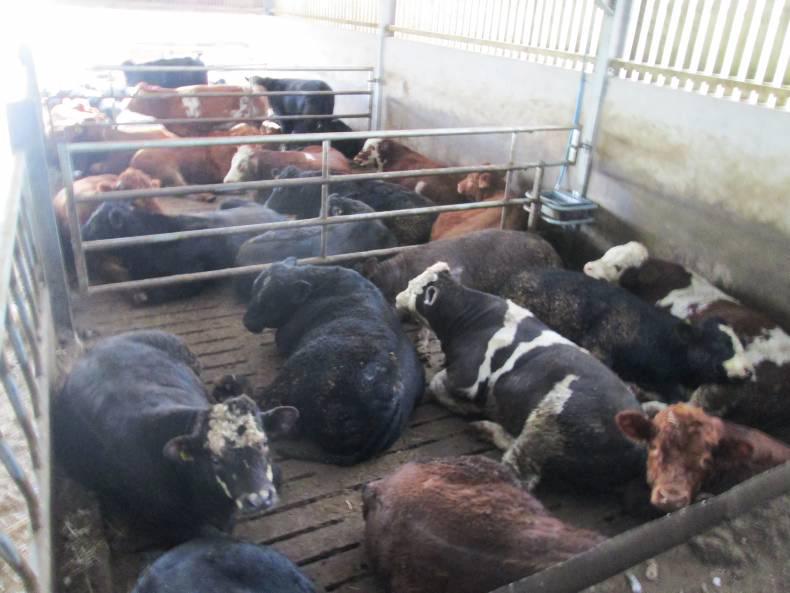The Environment Food and Rural Affairs (EFRA) committee at Westminster has published a report following its inquiry into farmgate prices.
The 11-strong committee, which includes local MPs Margaret Ritchie and David Simpson, heard from representatives from across the food supply chain, and received evidence from various organisations including the Ulster Farmers’ Union (UFU).
The UFU highlighted to the committee the significant differential in prices between NI and Britain. It was an issue that topped the list of 39 conclusions and recommendations detailed in the final report, with the committee concluding that retailers must do more to explain their reasoning why price differentials can be justified.
The conclusion goes on: “More effective coordination between Defra and the devolved administrations is also necessary to prevent unsustainable price inequalities emerging at a national level.” Fine words, but what they actually mean in practice is not clear.
Despite that, UFU president Ian Marshall said it was “a big plus” that MPs at Westminster have recognised the existence of the differential.
The remaining 38 recommendations in the committee report include encouraging farmers to think about the possibility of coming together in producer organisations to negotiate prices and for the industry to work with Defra to take forward work on futures markets.
It is also recommended that more work is done on promoting exports, that there is improved country-of-origin labelling on dairy and pig products and more long-term contracts between farmers, processors and retailers.
One of the more significant recommendations relates to the remit of the Groceries Code Adjudicator, Christine Tacon. At present, she can only investigate relationships between major supermarkets and their direct suppliers. The EFRA committee suggests that her remit should be broadened to protect indirect suppliers such as farmers.






 This is a subscriber-only article
This is a subscriber-only article





SHARING OPTIONS: